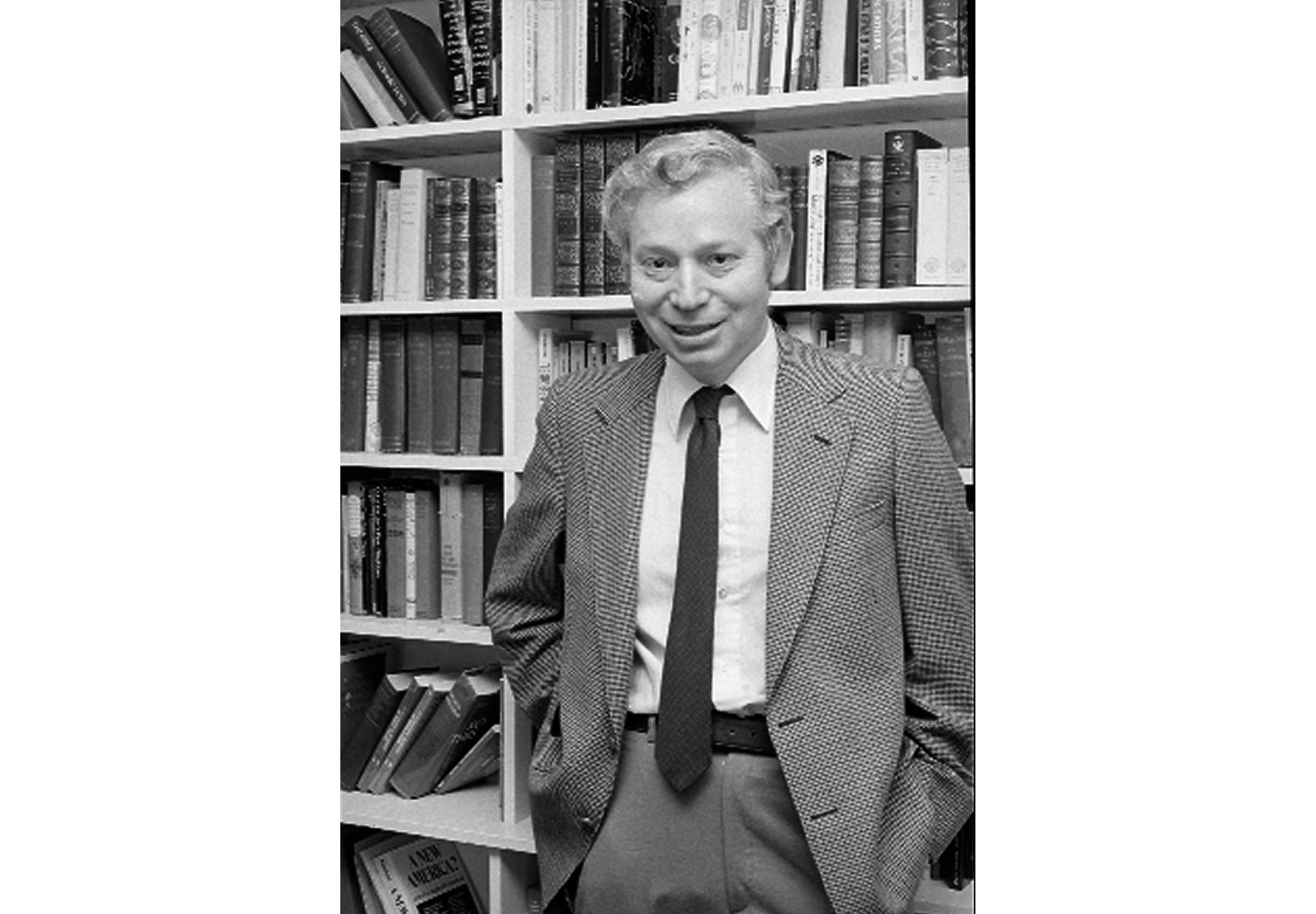Nobel prize-winning physicist Steven Weinberg dies at 88
Physicist Steven Weinberg, the 1979 winner of the Nobel prize in physics with two other scientists for their work unlocking mysteries of tiny particles, has died at 88

Your support helps us to tell the story
From reproductive rights to climate change to Big Tech, The Independent is on the ground when the story is developing. Whether it's investigating the financials of Elon Musk's pro-Trump PAC or producing our latest documentary, 'The A Word', which shines a light on the American women fighting for reproductive rights, we know how important it is to parse out the facts from the messaging.
At such a critical moment in US history, we need reporters on the ground. Your donation allows us to keep sending journalists to speak to both sides of the story.
The Independent is trusted by Americans across the entire political spectrum. And unlike many other quality news outlets, we choose not to lock Americans out of our reporting and analysis with paywalls. We believe quality journalism should be available to everyone, paid for by those who can afford it.
Your support makes all the difference.Physicist Steven Weinberg, who won the Nobel prize in 1979 with two other scientists for their separate contributions unlocking mysteries of tiny particles and their electromagnetic interaction, has died at 88, the University of Texas at Austin said Saturday.
A professor at the university since the 1980s, Weinberg died Friday in Austin, Texas, according to his wife Louise, said UT spokesperson Christine Sinatra. The physicist had been hospitalized for several weeks, but a cause of death was not released, according to Sinatra.
“The passing of Steven Weinberg is a loss for The University of Texas and for society," UT President Jay Hartzell said in a statement.
"Professor Weinberg unlocked the mysteries of the universe for millions of people, enriching humanity’s concept of nature and our relationship to the world,” Hartzell added.
In 1979, Weinberg shared the Nobel prize in physics with scientists Abdus Salam and Sheldon Lee Glashow. Their work improved the understanding of how everything in the universe relates, according to a UT statement.
The work helped physicists unify two of the four forces of nature, subatomic forces known as nuclear forces, said Sean Carroll, a theoretical physicist at the California Institute of Technology.
“It’s all about understanding the laws of nature at a deep level. We’re curious creatures and we want to know how the universe around us works,” Carroll said.
Weinberg's work built on the work of Albert Einstein according to Columbia University string theory physicist Brian Greene.
“The idea was that all forces of nature might actually be the same force ... it was this dream Einstein had, that it all might be whole,” Greene said. “He drove this idea forward. He pushed this idea forward by showing (two forces) were the same force.”
Weinberg, Salam and Glashow — working separately — were honored “for their contributions to the theory of the unified weak and electromagnetic interaction between elementary particles, including ... the prediction of the weak neutral current,” according to the Nobel Prize website.
A New York native, Weinberg was a researcher at Columbia University and the University of California, Berkeley, earlier in his career. He then served on the faculty of Harvard University and the Massachusetts Institute of Technology before joining the UT faculty in 1982, teaching both physics and astronomy.
Weinberg is survived by his wife and a daughter. Funeral services were not announced.